How to Winter-Proof Your Home for 2025: Expert Tips for Michigan Homeowners
As winter approaches, Michigan homeowners must take proactive steps to winter-proof their homes and protect against the harsh cold, heavy snow, and ice storms that are a hallmark of the season.
Winterizing your home for 2025 is crucial to keeping your family safe, reducing energy costs, and avoiding costly repairs. Whether you’re a seasoned homeowner or just moved to Michigan, these expert tips will help ensure your home is ready for the toughest winter conditions.
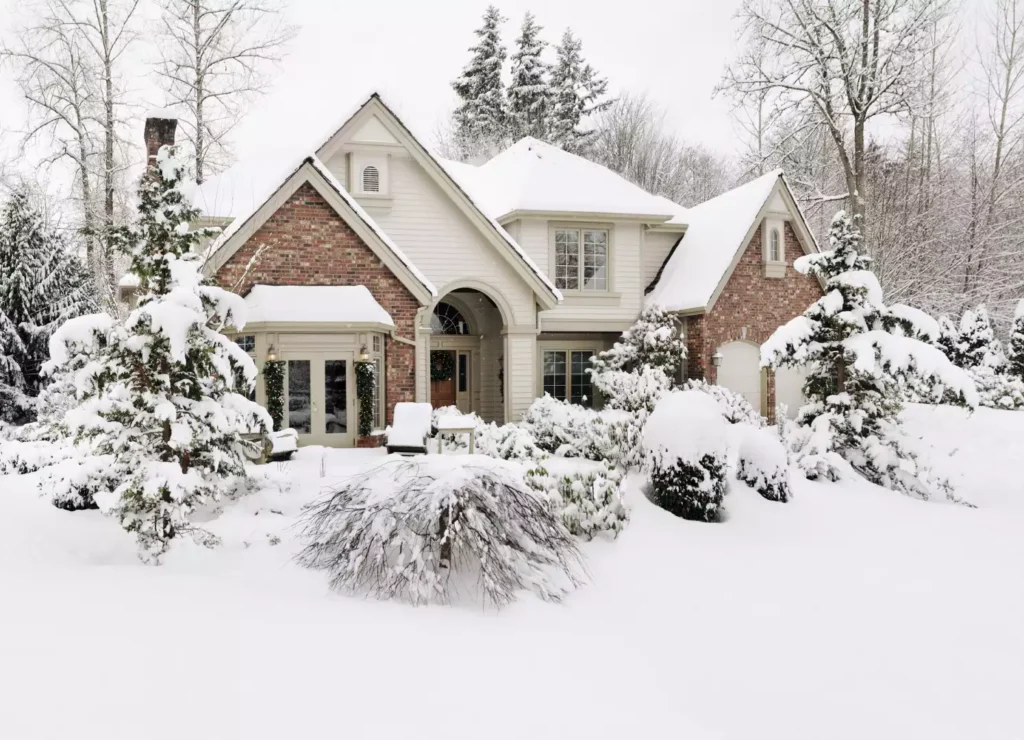
1. Insulate Your Home Properly
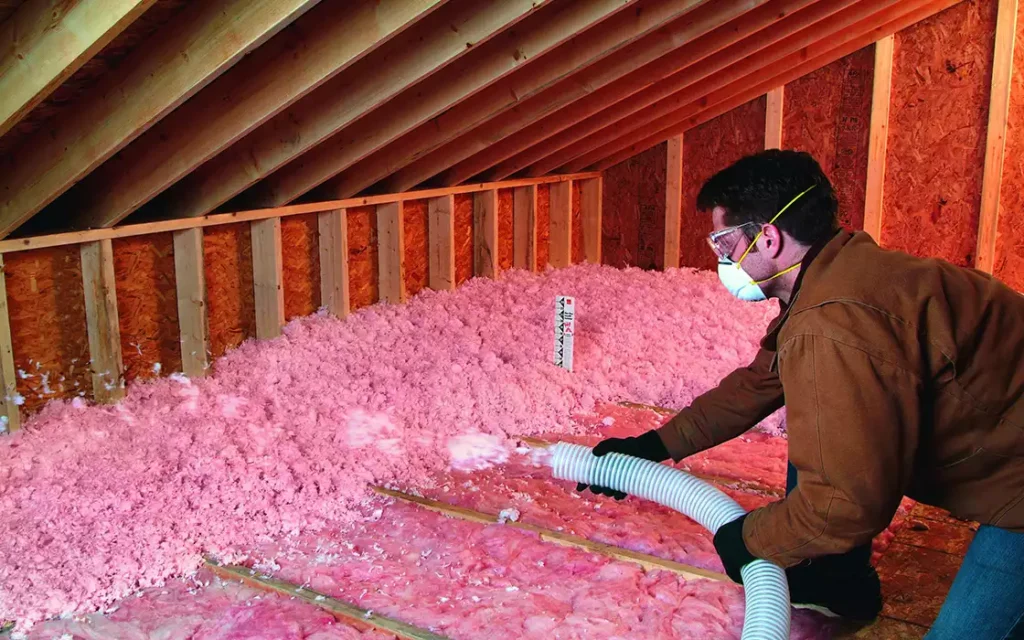
One of the most important steps in winter-proofing your home in Michigan is ensuring that your house is properly insulated. With temperatures often plummeting well below freezing, inadequate insulation can lead to heat loss and sky-high energy bills.
- Attic Insulation: Start by checking your attic insulation. Heat rises, and without proper insulation, your warm air can escape, making it harder to maintain a comfortable temperature inside. In Michigan, where temperatures can stay frigid for weeks, make sure your attic is well insulated to keep the heat in and the cold out.
- Wall Insulation: Older homes, especially those built before the 1980s, may have poor wall insulation. This is a major source of heat loss. If you notice drafts near your walls, it might be worth investing in extra insulation or foam board insulation for better efficiency.
Pro Tip: If you don’t want to do a full insulation overhaul, adding weatherstripping around doors and windows is a more affordable solution that helps seal gaps where cold air can sneak in.
2. Maintain Your Heating System
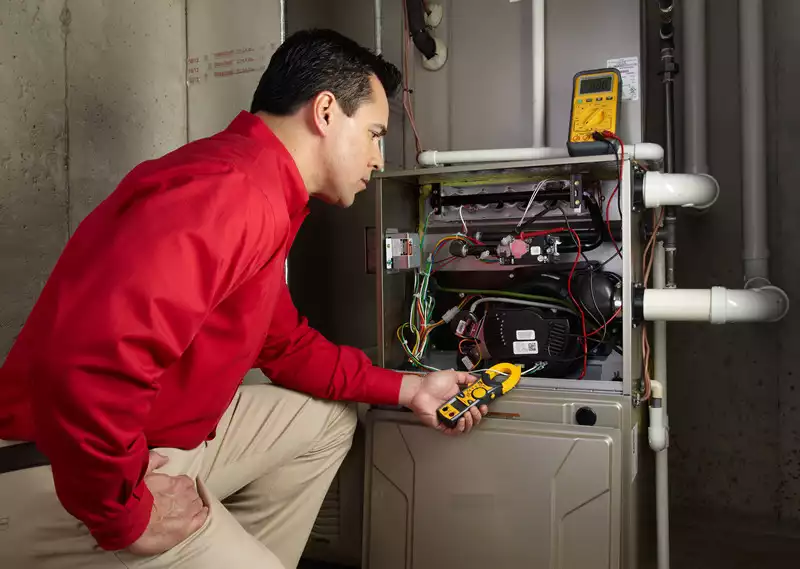
Your furnace is essential to keeping your home warm during Michigan’s cold winters. Before the first major snowstorm hits, make sure your heating system is in top condition.
- Schedule a Furnace Inspection: Contact a licensed technician for an inspection and cleaning of your furnace. A clean, well-maintained furnace operates more efficiently, saving you money on heating costs.
- Change Air Filters Regularly: Dirty filters can block airflow and strain your furnace. To ensure your system runs efficiently, change the air filters every one to three months, especially during the winter season.
Did You Know? A smart thermostat can help you monitor and adjust your home’s temperature remotely, allowing you to optimize your heating when you’re not at home or overnight while saving energy.
3. Prevent Ice Dams
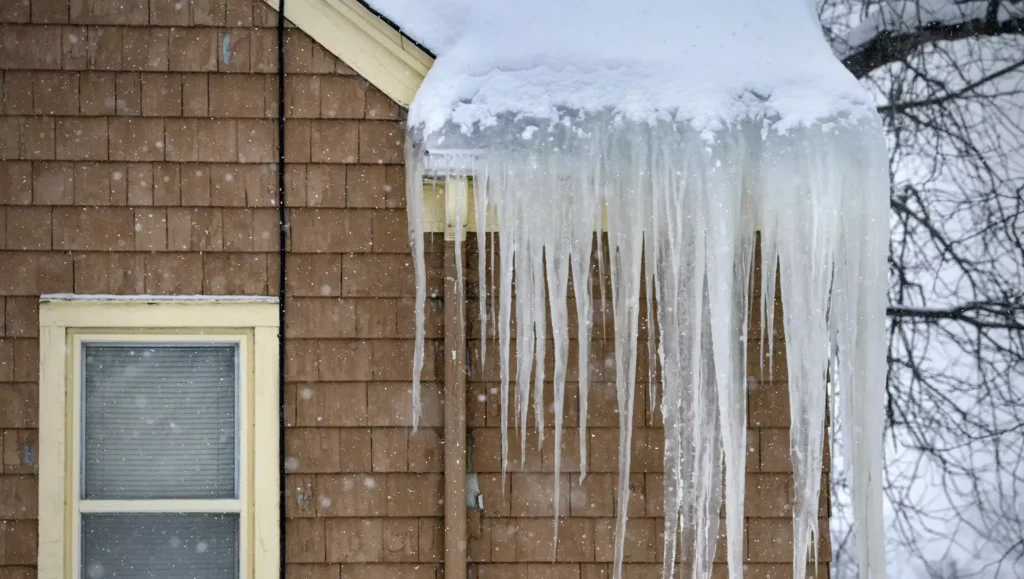
Michigan’s heavy snow and occasional freezing rain can lead to ice dams—those large ridges of ice that form along the roofline. If not dealt with, ice dams can cause water damage to your roof and ceiling.
- Clear Gutters and Downspouts: Clogged gutters can prevent melting snow from draining properly. Clean out your gutters and downspouts before the snow starts falling to ensure water can flow freely.
- Install Roof Heating Cables: Roof heating cables can help melt snow along the edges of your roof, reducing the chance of ice dams forming. While this can be a bit of an investment, it’s worthwhile if you live in areas with heavy snowfall.
- Ventilate Your Attic: Poor attic ventilation can lead to uneven temperatures between the roof and attic. As snow melts and refreezes, it can create ice dams. A well-ventilated attic prevents this by maintaining an even temperature across the roof.
4. Protect Your Pipes from Freezing
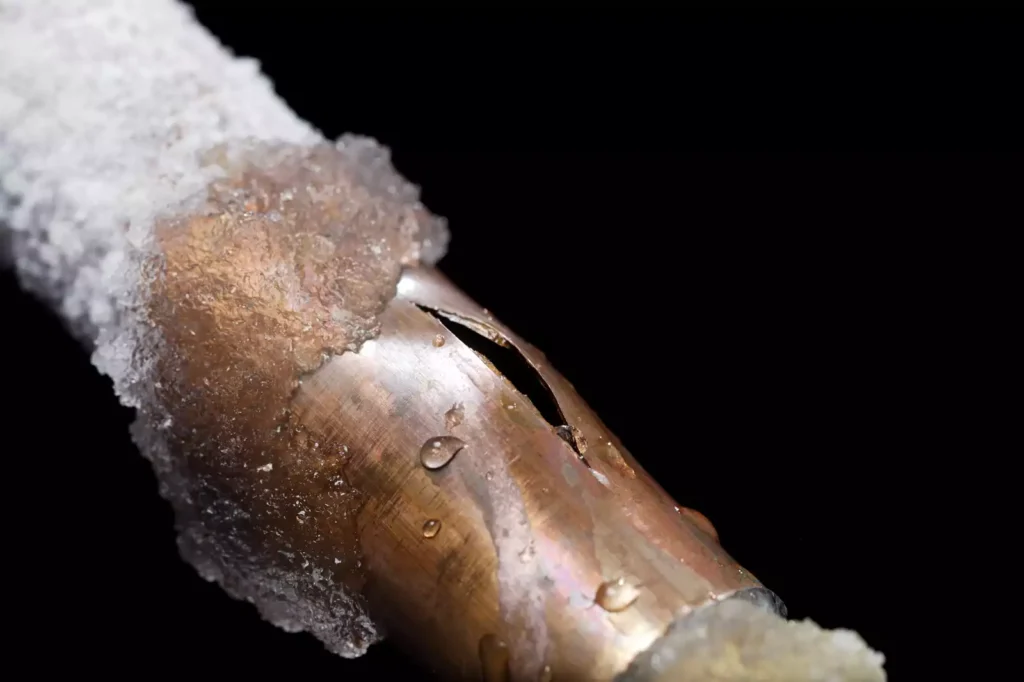
Frozen pipes are a significant concern in Michigan’s freezing winters. When pipes freeze and burst, it can cause serious water damage to your home.
- Insulate Exposed Pipes: Make sure that any exposed pipes, especially those in attics, basements, or exterior walls, are properly insulated. Use foam pipe insulation, which is available at most hardware stores, to prevent freezing.
- Keep Faucets Dripping: On extremely cold nights, let faucets drip slightly to relieve pressure in the pipes and prevent them from freezing. This is especially important for pipes that run along exterior walls.
Tip: If you’re leaving town for an extended period, keep your thermostat set to at least 55°F to prevent pipes from freezing when you’re not around.
5. Winterize Your Garage
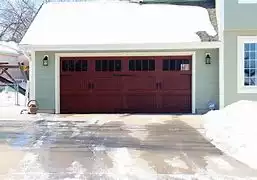
Your garage may not seem like a place that needs winter-proofing, but it’s essential for keeping your vehicles, tools, and home safe during Michigan’s harsh winters.
- Check Garage Door Seals: A properly sealed garage door prevents cold air from entering, which can lower your home’s overall temperature. Make sure that the weatherstripping around the garage door is in good condition.
- Store Outdoor Equipment: Items like snow blowers, lawn mowers, and other outdoor equipment should be stored in the garage during winter. If they’re left outside, they could be damaged by the snow and cold temperatures.
6. Prepare for Snow Removal
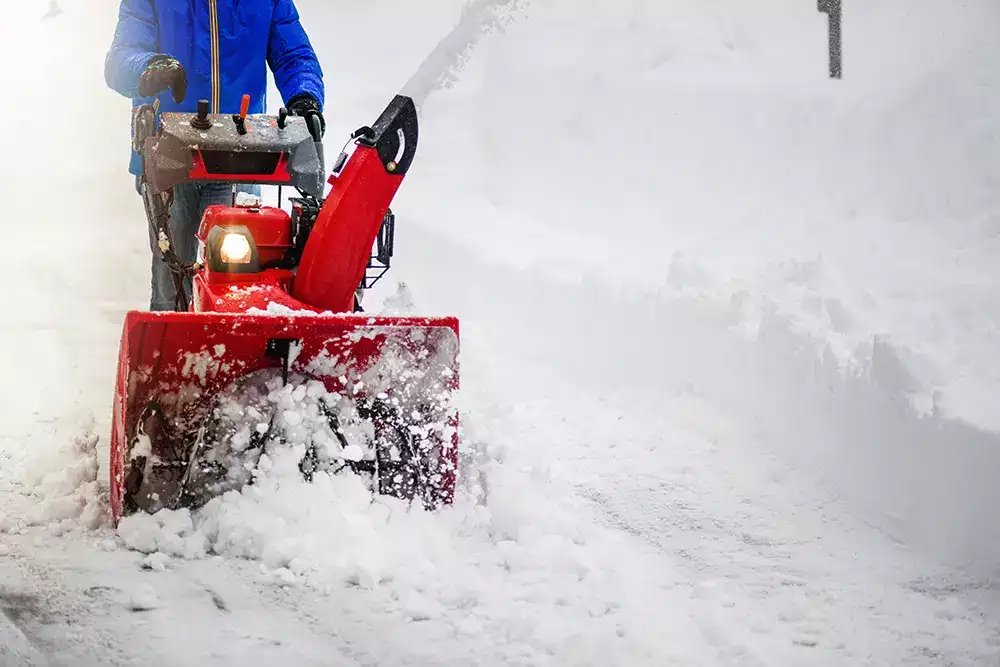
Michigan winters often bring heavy snow, and staying ahead of the snow removal process can save you time and effort.
- Stock Up on Ice Melt: Ice melt or sand helps prevent ice from building up on driveways, walkways, and steps. Keep a supply on hand before the first snowstorm. Make sure to choose a type that is safe for pets if you have animals that use the outdoor spaces.
- Service Your Snowblower: If you use a snowblower, make sure it’s in good working order before the snow starts falling. Clean the carburetor, check the oil, and ensure the blades are sharp and free from debris.
Tip: Keep a snow shovel in an easily accessible location just in case you need to clear a small patch or your snowblower malfunctions.
Conclusion
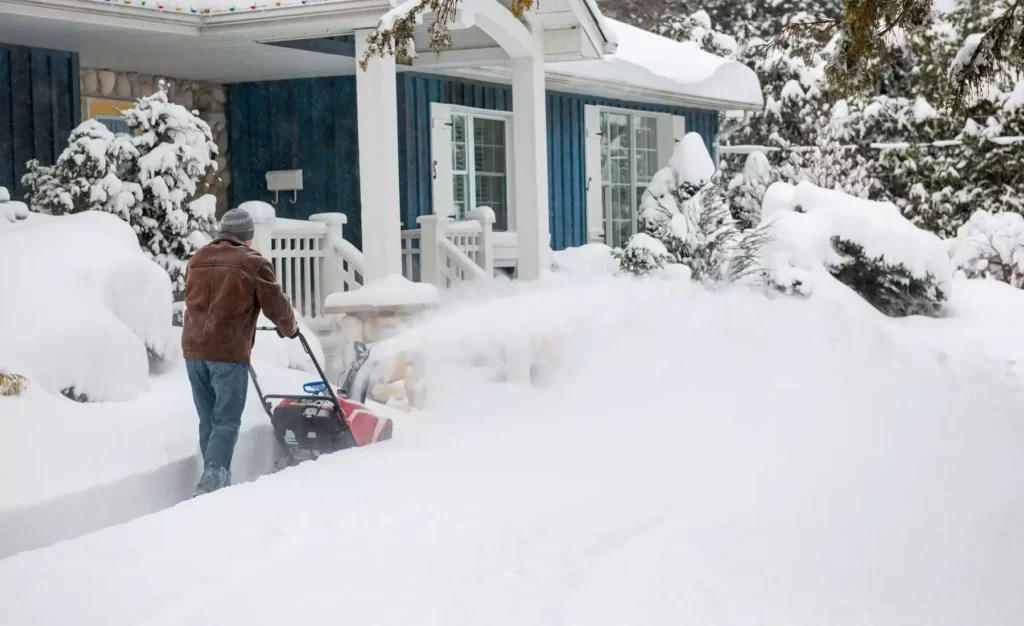
By taking the time to winter-proof your home for 2025, you’ll not only save money and energy but also avoid costly repairs and keep your family safe during Michigan’s unpredictable winter season. From insulating your home and maintaining your furnace to protecting your pipes and preparing for snow removal, these expert tips will help you face the cold with confidence.
If you need additional help or have questions about winterizing your home, don’t hesitate to reach out. Stay warm, stay safe, and enjoy the winter season in your well-prepared Michigan home!

